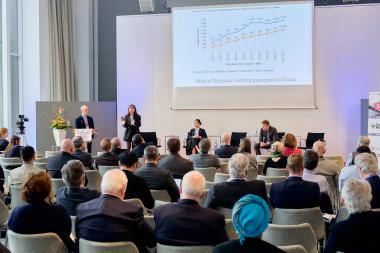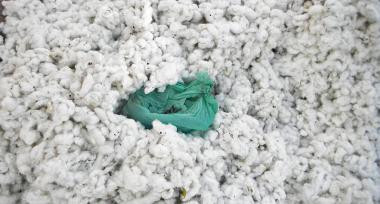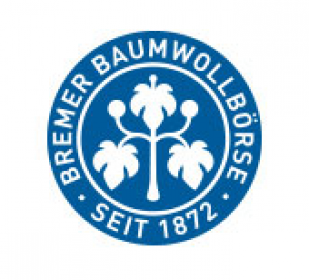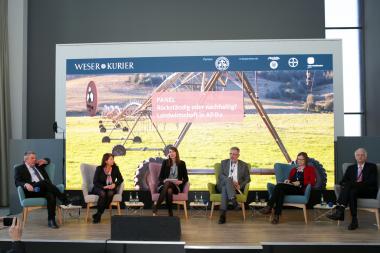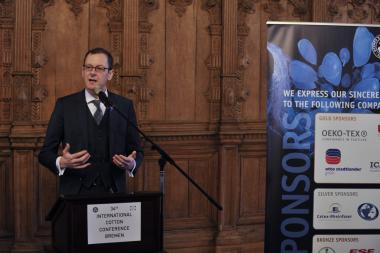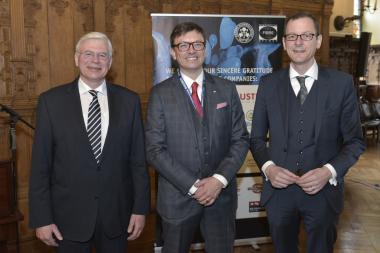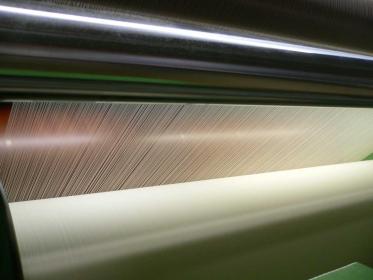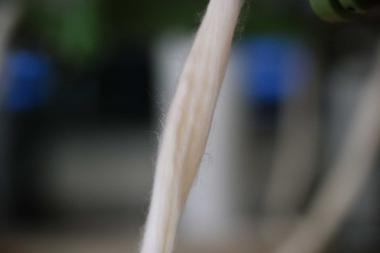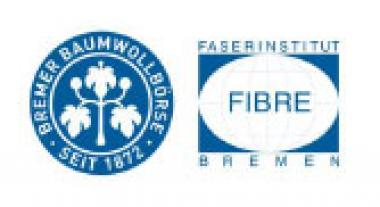37. International Cotton Conference Bremen mit 400 Teilnehmern
Rund 400 Teilnehmer aus knapp 40 Ländern verfolgten vom 20. bis 22. März die 37. International Cotton Conference Bremen. Vor Ort und auch online konnten elf Sessions mit knapp 70 Referenten besucht werden, die über die neuesten Forschungsergebnisse und innovative Praxisanwendung in der Baumwollbranche informierten.
Zu den Höhepunkten zählten die Keynote-Sessions, die den jeweiligen Konferenztag einläuteten. Colin Iles, Executive Manager Cotton & Sugar bei Viterra, stimmte die Teilnehmer durch einen umfassenden Ausblick auf die aktuelle Entwicklung an den Rohstoffmärkten mit Auswirkungen auf die Baumwolle ein.
Mit dem Fokus auf die anstehenden gesetzgeberischen Regulierungen und deren gravierenden Folgen für die gesamte Branche sorgte die Analystin Veronica Bates Kassatly für Diskussionsstoff. Ergänzend kamen dann praxisnahe Empfehlungen der Commerzbank-Vertreter Manuel Höchemer und Lennert van Mens. Sie zeigten Möglichkeiten auf, wie Unternehmen in der Europäischen Union neue Regelungen zur Nachhaltigkeitsberichterstattung navigieren können.
Nicolas Rubio berichtete in seiner Funktion als Agricultural Counselor bei der Botschaft der Vereinigten Staaten in Berlin über seine Erfahrung in der europäischen Politik. Hubertus Lohner, Airbus Operations in Bremen und Leiter des Technologiezentrums ECOMAT präsentierte Möglichkeiten, wie der Einsatz von Naturfasern zur Dekarbonisierung des Mobilitätssektors – im Speziellen im Flugzeugbau – beitragen kann.
Paneldiskussion mit Fokus Vietnam
Unter der Headline ‚Region in Focus‘ warf die Session mit Fokus auf die vietnamesische Baumwoll- und Textilindustrie ein Schlaglicht auf die Branche. Thuy Vi Nguyen vom vietnamesischen Baumwoll- und Spinnereiverband VCOSA, Yen Tracy Mai, Präsidentin und CEO Long Van Yarn Ltd sowie Graham Soley, Analyst des USDA, ebneten den Weg für eine lebhafte Diskussion unter den Vertretern und Experten der vietnamesischen Textilbranche.
Nachhaltigkeit als Querschnittsthema
Das Thema Nachhaltigkeit ist mittlerweile mit den vielfältigen Bereichen in der Lieferkette so verwoben, dass es als Querschnittsthema mitgedacht werden muss. So fanden sich in nahezu allen Sessions zu den Themen entlang der Baumwolllieferkette Aspekte des breitgefächerten Nachhaltigkeitsbereiches.
Hervorzuheben ist dabei die Forschungsarbeit von Filipe Natalio, mit dem Ziel, die den natürlichen Organismen zugrunde liegenden Mechanismen zu verstehen, um so biologische Materialien wie Baumwolle mit besonderen - nachhaltigen - Eigenschaften herzustellen. Weitere Beiträge waren die Vorträge ‚Umweltauswirkungen von Baumwollanbausystemen‘ von Jens Soth, Helvetas, oder ‚Textilien auf dem Weg zur Kreislaufwirtschaft‘ von Stefan Schlichter, Technische Hochschule Augsburg. Zudem griff die Konferenz Fragen zu Traceability und Transparenz sowie dem Einfluss klimatischer Veränderungen und gerechter Einkommen auf das Leben der Baumwollfarmer auf.
Schwerpunkt Recycling
Im Fokus des Themas Recycling stand die Qualität der Baumwollfaser im Recyclingprozess. In der Diskussion wurde deutlich, welche Chancen, aber auch Herausforderungen in der Wiederverwertung der Naturfaser bestehen. Das Thema Recycling stand ebenfalls auf der Tagesordnung des Spinning & Textile Seminars im Vorfeld der Tagung, zu dem die vier Organisatoren Bremer Baumwollbörse, Bremer Faserinstitut (FIBRE), Internationaler Verband der Textilindustrie (ITMF) und der Industrieverband Garne und Textilien (IVGT) erneut eingeladen hatten. Unter dem Titel ‚Einsatz und Herausforderung von Fasern in textilen Recyclingsystemen‘ beleuchteten Sprecher aus der Textilindustrie die Recycling-Wertschöpfungskette von der Sortierung der Altkleider bis zum neuen Produkt aus praktischer Sicht.
Die 38. International Cotton Conference Bremen findet 2026 statt.
Bremer Baumwollbörse International Cotton Conference Bremen International Cotton Conference
Bremer Baumwollbörse


